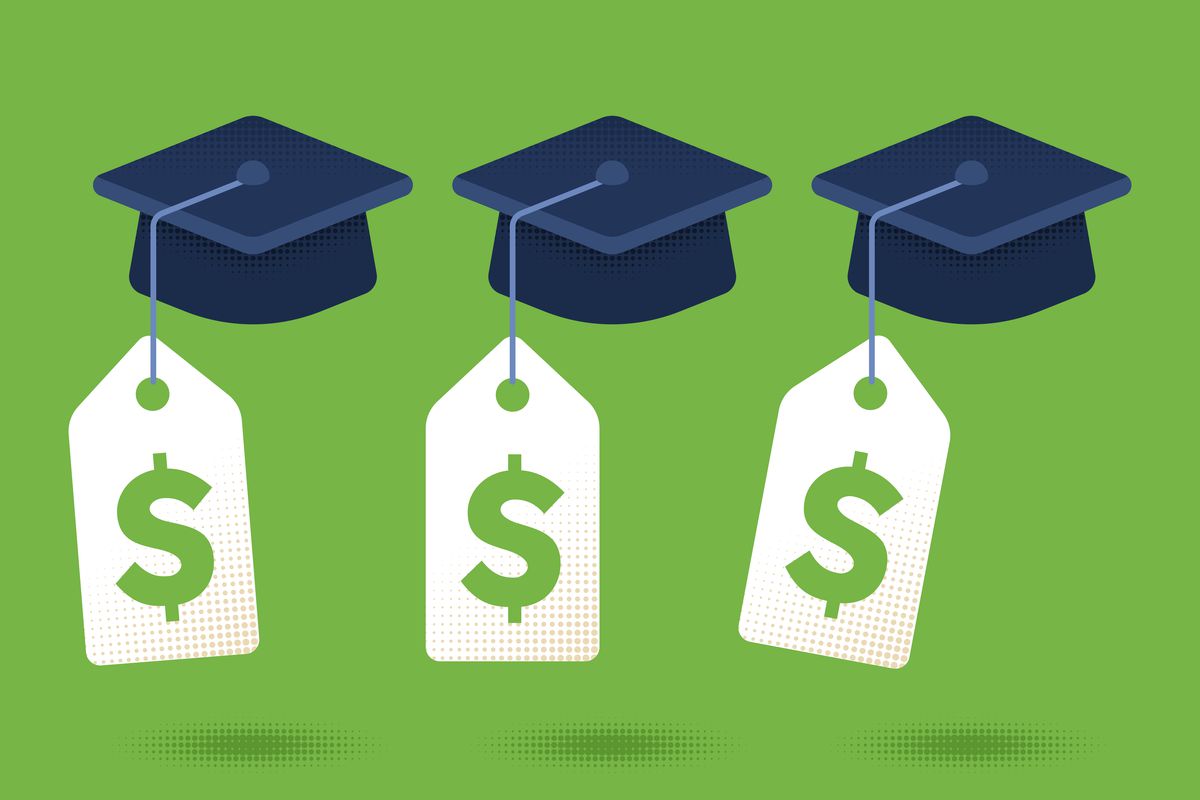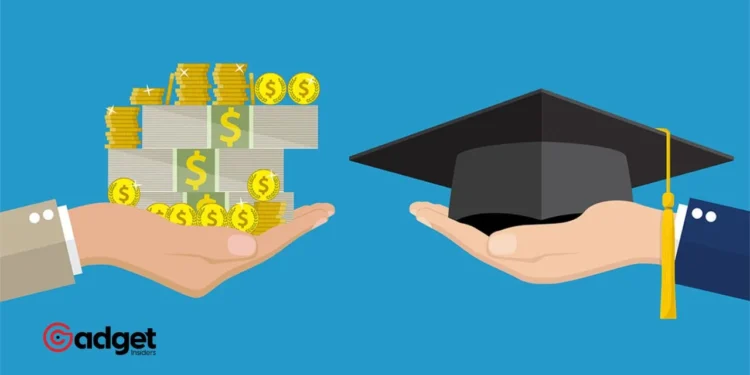As student loan debts soar to new heights, reaching an overwhelming total of $1.73 trillion in 2023, the effects of this financial burden on U.S. college students’ academic performance are becoming starkly apparent.
A groundbreaking study from the Journal of Social Sciences, led by Professor Snorre Lindset of the Norwegian University of Science and Technology, reveals a troubling link between the amount of student loan debt and declining grades among undergraduates.

Students Academic Achievement Under Financial Strain
The research, which analyzed nearly 900 undergraduate students majoring in economics across various U.S. institutions, uncovered that about 40% of the participants had taken out student loans. More notably, over half of these indebted students had accumulated debts surpassing $10,000.
The findings were clear: students grappling with higher levels of debt exhibited notably lower grade point averages (GPAs), struggling to reach the typical benchmark of 3.0.
Professor Lindset commented on the significance of their findings, stating, “We hope our work will shed light on the correlation between academic performance and student debt.”
This statement not only highlights the academic implications of financial stress but also calls for a deeper examination of how economic factors are influencing educational outcomes.
The overwhelming majority of American adults (80%+) don’t have student loan debt—having not attended college/beyond (majority), chosen schools they could afford w/o incurring debt, or paying off their loans. Biden’s “forgiveness” isn’t just illegal; it’s unfair. It also fuels the…
— Guy Benson (@guypbenson) April 9, 2024
The Psychological and Educational Toll of Debt
The study’s insights extend beyond mere numbers. It emphasizes the psychological impact debt has on students, potentially leading to increased stress and anxiety which, in turn, can diminish their ability to concentrate and excel academically.
The research calculated that students without loan obligations had a 26 percent higher likelihood of achieving commendable grades compared to their indebted peers.

Despite the broad demographic of the study’s participants, the detrimental impact of loans on GPA was consistent across age, gender, and other sociodemographic factors. This uniformity suggests that the burden of debt is a pervasive issue affecting a wide range of students.
Financial Literacy: A Missing Piece in the Puzzle
An alarming revelation from the study was the apparent lack of financial literacy among students. While 70% of students believed they were adept at managing money, only 20% could correctly answer questions related to finance and interest rates.
This discrepancy points to a significant gap in education that, if addressed, could help students make more informed decisions about their finances and, potentially, their academic careers.
The Call for Further Research
As the academic community continues to delve into the intricate relationships between student debt and educational outcomes, researchers like Professor Lindset are advocating for more comprehensive studies to fully understand and address these challenges.
The ultimate goal? To equip future generations with the tools they need to succeed both financially and academically.

This study not only serves as a critical wake-up call for policymakers and educational institutions but also for students and parents preparing to navigate the complexities of college financing.
With student debt figures reaching record highs, the necessity for targeted interventions and informed decision-making is more urgent than ever.
Looking Further and Future Directions
As we move forward, the conversation surrounding student loans and academic achievement is only expected to intensify. The findings from this study provide a foundation for ongoing discussions and research aimed at mitigating the negative impacts of student debt on educational outcomes.
With dedicated effort and strategic policy adjustments, it is possible to alleviate the financial pressures facing today’s students, paving the way for a brighter, more successful academic future.










